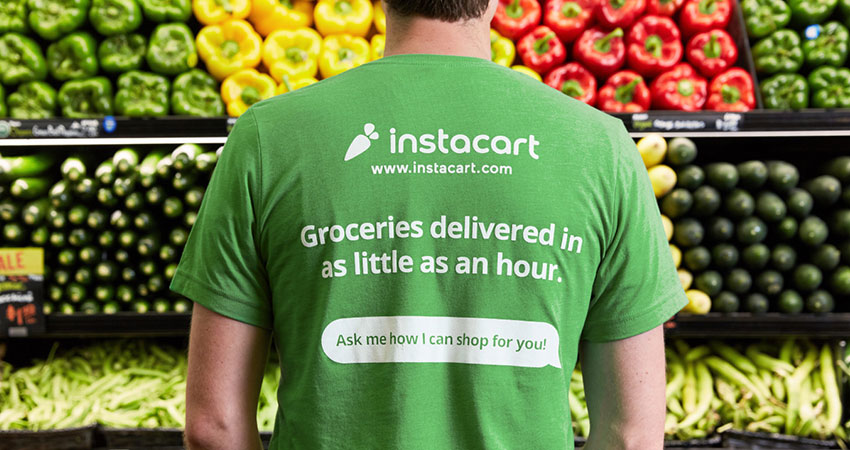Discount retail chain Family Dollar is jumping on the same-day delivery bandwagon through a national partnership with last mile leader Instacart, covering 6,000 of its stores in the U.S., the companies announced.
The two companies ran a successful pilot program in late 2020 at 275 Family Dollar stores and are now expanding it nationally. The chain is owned by parent Dollar Tree.
“Providing same-day delivery is another example of our efforts to better meet the evolving needs of our Family Dollar shoppers,” said Dollar Tree president and CEO Mike Witynski in a release. “We are encouraged by the initial results of our pilot stores, and are pleased to expand the Instacart platform.”
Instacart, which early on was focused mostly on grocery delivery, has been expanding rapidly into other areas of retail. Major names among its 600 clients include Dick’s Sporting Goods, Best Buy, Sephora, Staples and Dollar Store competitor Big Lots. It delivers from more than 45,000 store locations in over 5,500 cities in North America, available to 85% of U.S. households and 70% of Canadian households.
Last month, Instacart announced it was laying off workers as it moved to a hybrid model with a mix of “partner pick,” where retail associates fill orders using Instacart’s system, and Instacart shoppers fulfilling those duties. Bloomberg reported that 1,900 Instacart workers were laid off as a result, including 10 that had formed a first-ever union in 2020, and that its contractor workforce had expanded to 500,000 driven by the pandemic.
“We know this is an incredibly challenging time for many as we move through the COVID-19 crisis, and we’re doing everything we can to support in-store shoppers through this transition,” Instacart said in a blog post. “This includes transferring impacted shoppers to other retailer locations where we have Instacart in-store shopper roles open, working closely with our retail partners to hire impacted shoppers for roles they’re looking to fill, and providing shoppers with transition assistance as they explore new work opportunities.”
In 2020, Instacart, Uber and other tech companies relying on gig workers lobbied for a successful ballot initiative that exempted them from a California law requiring companies to reclassify contractors as employees under certain criteria.
Some grocers have also started complaining that Instacart’s commission fees cut into their already thin margins. Cost and customer visibility are two main factors to consider for brands looking to use an outside same-day provider. Instacart counters that it provides a service and an infrastructure it would be difficult and expensive for retailers to replicate on their own.

